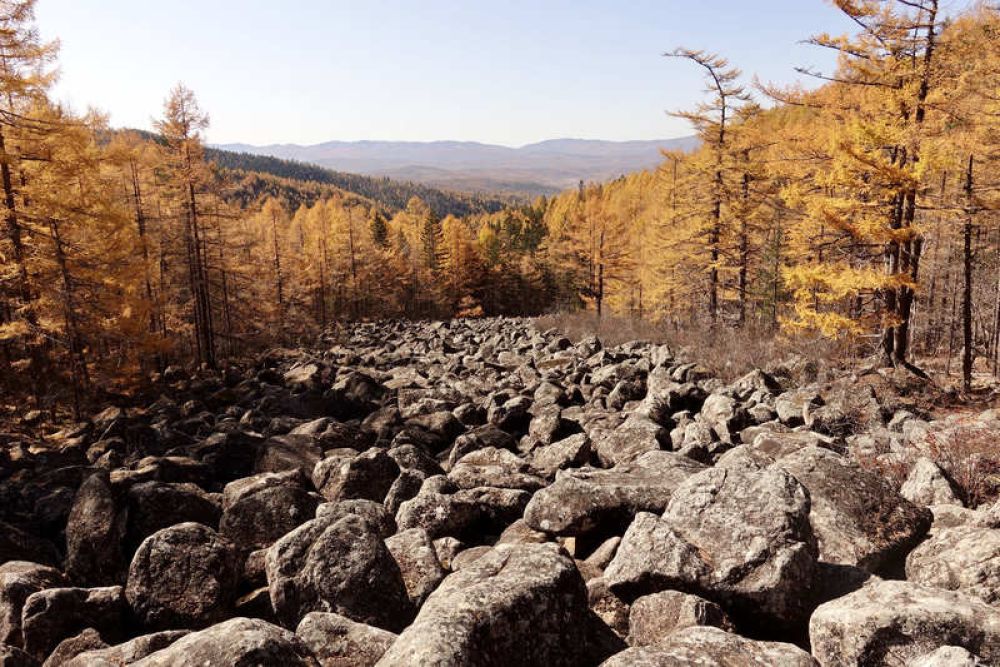

The Pujon Highlands, nestled in the mountainous region of Hamhung, North Korea, have been a place of scenic beauty and rural serenity for centuries. However, its history as a tourist destination is a relatively recent development, primarily due to North Korea's historically strict control over foreign travel within the country. It wasn't until the late 20th and early 21st centuries that North Korea began to cautiously open up to international tourism.
In spite of its political isolation, North Korea has aimed to showcase certain areas, such as the Pujon Highlands, to travelers on guided tours. These tours are heavily regulated and the tourists' interactions with locals are often limited. The Pujon Highlands have been promoted as a destination for those interested in experiencing natural beauty and seeing parts of North Korea away from the capital city of Pyongyang.
The region is known for its rolling grasslands, deep valleys, and rustic stone riverbeds, offering visitors a glimpse into North Korea's diverse landscapes. Access to the highlands and the city of Hamung has traditionally been restricted to state-sanctioned tours that offer a controlled itinerary and entail constant supervision by government guides.
Eco-tourism has become a more significant trend in Pujon Highlands, attracting visitors who are interested in sustainability and nature. North Korea, through its tourist agencies, has been developing eco-friendly travel packages that highlight the pristine conditions of locales such as the Pujon Highlands.
Adventure tourism is also a part of the latest strategy to attract more tourists to the region. The rugged terrain of the highlands presents ideal opportunities for trekking and mountain climbing, geared towards visitors seeking an adrenaline rush while being supervised by North Korean tour guides.
Given the global situation and travel restrictions, tourism to North Korea, including to Pujon Highlands, has faced significant challenges. As international relations and travel norms evolve, the tourism sector in Pujon Highlands may experience a shift, potentially opening up more for the curious traveler or remaining one of the world's most secluded tourist destinations.
North Korea's approach to tourism will likely continue influencing the experiences available in the Pujon Highlands. With the potential for diplomatic changes and the interest in unique destinations, the future of tourism in this secluded region will remain a subject of interest for international tourism watchers and adventurous travelers alike.
It's important to remember that travel to North Korea is subject to strict regulations and can be influenced by international politics. As such, the tourism trends in places like the Pujon Highlands can rapidly change, making it a unique and dynamic destination for those permitted to visit.